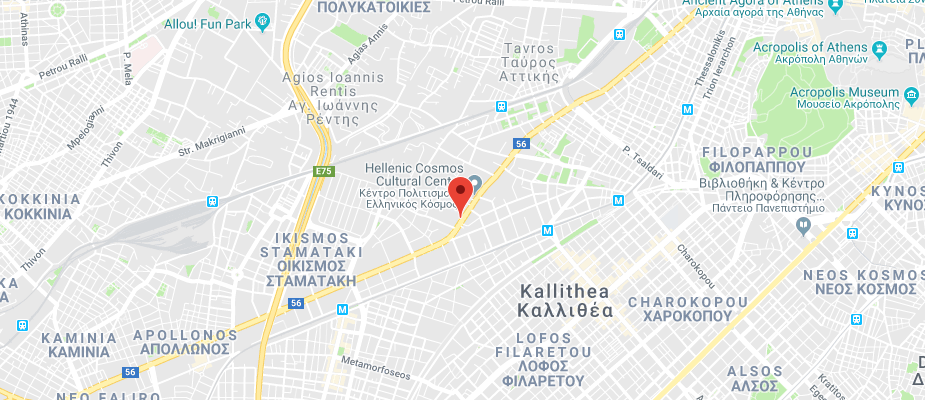Elena Mavridou
SARMANTZA
by Konstantinos Dominik
In his short story collections Opa-Opa Blatimi and Kakó Anílio, Konstantinos Dominik—a prominent figure in the new generation of Greek authors—channels poetic imagery in the dialect of his native Pieria, merging magical realism with the eerie depths of folkloric horror. His stories inhabit a world where the supernatural and the fantastical intertwine with the well of folk tradition, conjuring a singular literary universe.
Drawing from both aforementioned collections, the monologue SARMANTZA unfolds within a ritualistic space, where body and matter serve as vessels of memory. At the farthest edge of a cemetery—an area known as Sarmantza (which means "infant cradle" in the local dialect) due to its gently sloping terrain—Giannis, the protagonist, stands over the open grave of his mother. In the dim light, he holds a baby bottle and a hand grenade—life and death weighed in his own hands. Oblivion or memory? Forgiveness or revenge? Redemption or damnation? Torn between opposing forces, he teeters until the very last moment…
Embedded in an abstract landscape of disintegration that recalls a landfill and a place of abandonment where flesh is discarded like waste, Elena Mavridou’s direction builds to a feverish climax. Consumed by the reflections on his past, the protagonist will shift from a state of stillness and mourning toward a delusional atonement. Standing over the gaping pit of death, the memories of his life resurface, resurrecting fragmented images, shadowy figures, and buried moments from the soil beneath him.
At the same time, George Mavridis’ haunting music score—drenched in archetypal sounds of loss—resonates through the otherworldly and saturated set design envisioned by Paris Mexis, while Giannis Tsortekis inhabits the tormented soul of the protagonist, throwing himself on an excursion into memory and purification.
The performance includes the use of smoke and the burning of a small amount of aromatic incense (palo santo).
Audience entry is permitted throughout the duration of the performance.
Duration ~60'
Peiraios 260 (Β)
- 26/06/2025 at 21:00
- 27/06/2025 at 20:00
- 27/06/2025 at 22:00
- 28/06/2025 at 19:00
Peiraios 260 (B)
- 28/06/2025 at 21:00
all events
Opera | Theatre | Dance | Premiere | Greek Debut
Ancient Theatre of Epidaurus | Peiraios 260
all venues






